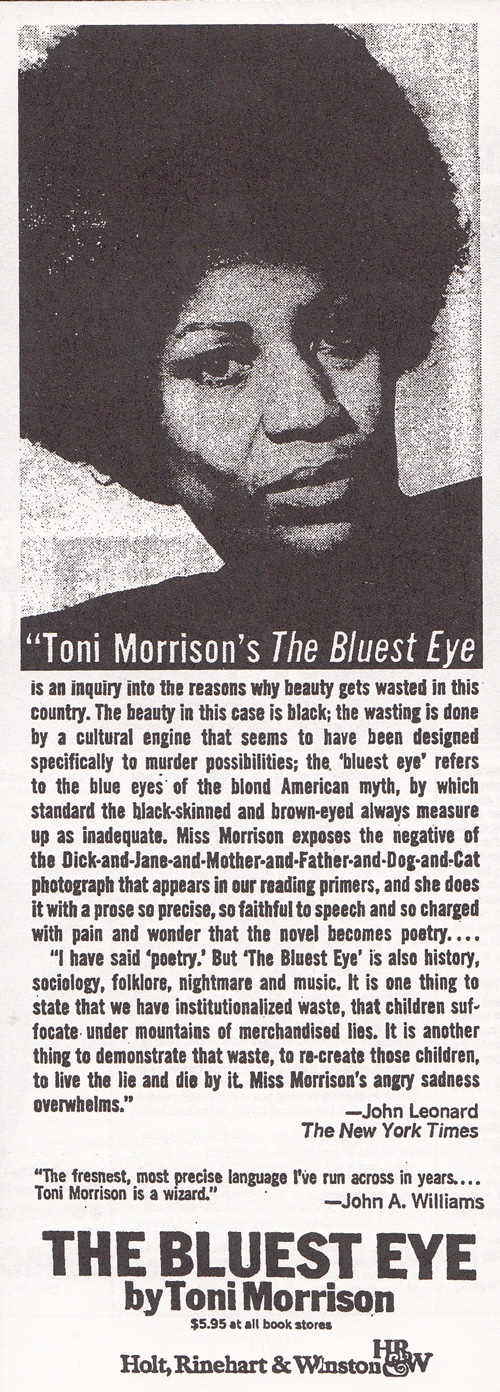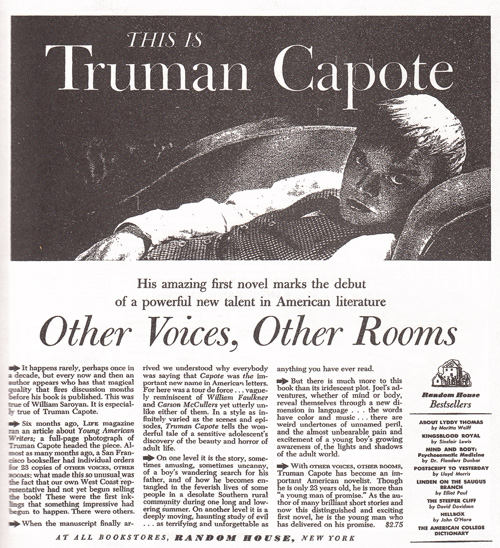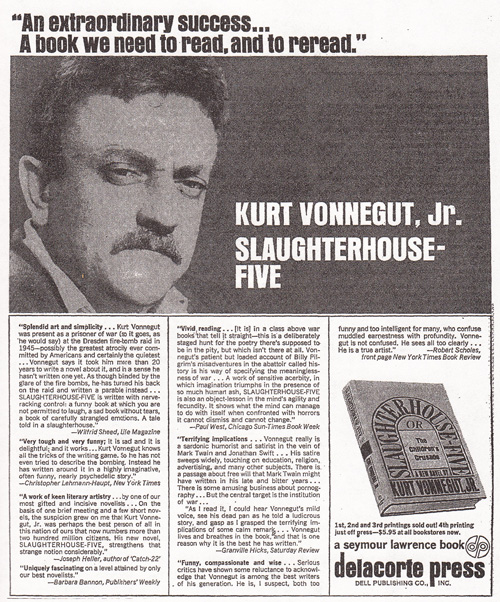I have this compulsive
need to make sure I review everything I read last year, but little desire to
sit down and bang out in-depth thoughts of each unreviewed book. So here are a
few quick hits:
Home , by
Toni Morrison
This
was a pretty decent read. Not quite Beloved or Song
of Solomon , but much more engaging than her last book, A Mercy , which I finished, but never
could quite settle into for some reason. This one explores a lot of the
prejudice against, and exploitation of, southern blacks in the Jim Crow era,
but does so without any of the surreal elements of her other novels. She also manages
to avoid casting her characters as simple victims. In particular, there’s a
nice twist to the main character’s recollection of a Korean War episode that
haunts him and that gives the story some depth. I’d recommend it.
Sidenote:
This one was an audio book, read by the author- and while I think I’m generally
in favor of authors reading their own work, this one may have pushed me more
solidly into the “there’s definitely a place for professional voice talent”
camp. Ms. Morrison’s got a somewhat raspy voice that I find soothing, but at 81
years of age, she lacks the breath capacity to read more than 4 or 5 words at a
clip half the time. The result is a Garrison Keillor-esque halt-and-continue
performance that kind of took me out of the book.
The Good Earth , by
Pearl Buck
I had
read this one before, years and years ago, and wanted to see if it would hold
up under the scrutiny of 35-year-old me. It certainly did. I absolutely love
the cyclical nature of the story, of one “great house” replacing another out of
the humblest beginnings, only to be poised at the end of the book to repeat the
mistakes of the past. Some critics claim the novel spreads a litany of
stereotypes about the rural Chinese poor, but the woman spent over 30 years as
a missionary in rural China, I think I’m going to give her the benefit of the
doubt here. If anything, she takes up some pretty universal themes, which is
why people are still reading it 80 years later. It’s a classic. And it made my
top 10 for the year as a re-read. I only wish I could give it more than a
paragraph. I guess there’s this, this and this.
Out of Africa , by
Isak Denisen (Karen Blixen)
Another
of my top 10 reads for the year. I grew up in the 80s, so for me, Out of Africa will always be associated with Meryl Streep
and Robert Redford and Academy Awards. I never had an interest in reading the
book until I came across some praise for it in Hemingway’s A Moveable Feast , where he lauds it as the best book on Africa
he’d ever read. That’s some high praise, indeed. But it’s also highly deserved.
It’s a breathtaking read. If you can get by some of the colonialist views on
race (“All Natives have in them a strong strain of malice, a shrill delight in
things going wrong.” –or- “Until you knew a Native well, it was almost
impossible to get a straight answer from him.”) you will be blown away by the
beautiful prose, all the more impressive because it was written by a native
speaker of Danish. The main thread connecting her fascinating vignettes is an
exploration of African culture and a business story more than anything else-
certainly not the grand love story Hollywood made it out to be. But even if I
didn’t find her story worth my time (I definitely did), this is one of the few
books I would read again simply for the verbal imagery. There’s a reason we
included it in this post. See also this and this.
That’s
enough for today.





